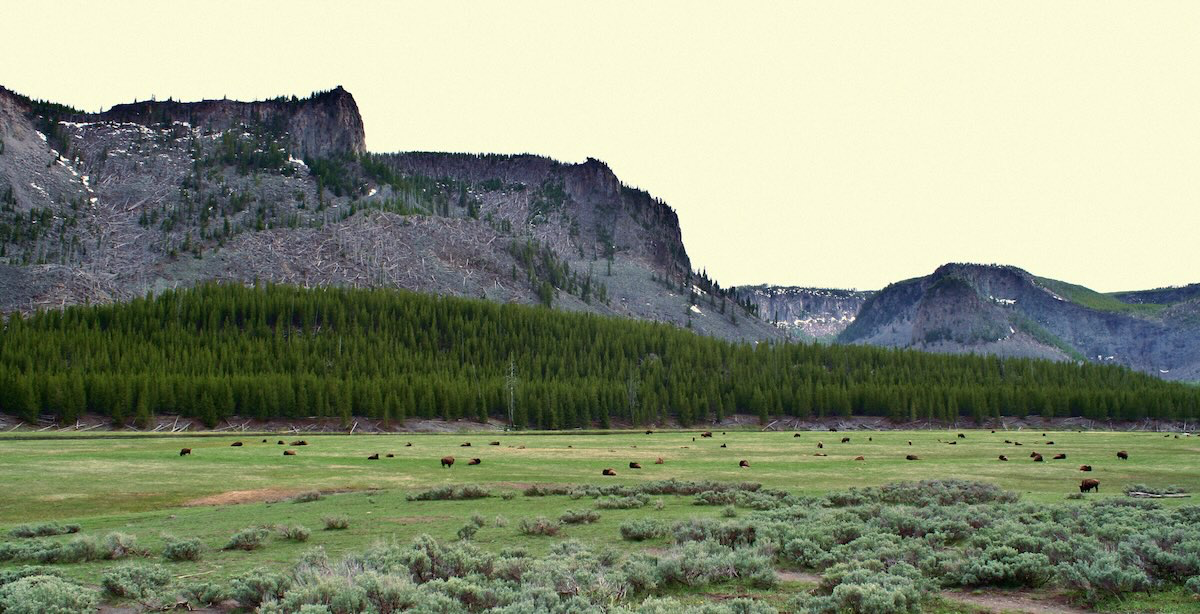History of Conservation
There are certain people and organizations — all tied to political leaders — who romanticize the concept of a land with vast wildlife areas from sea to sea.

This excellent article discusses the essential role of human hunting in maintaining the health of wildlife and its habitat.
It draws heavily on the research and scientific conclusions of the great deer expert, the late Dr. Valerius Geist (February 2, 1938 –2021). Geist was a German-Canadian biologist and a professor emeritus in the faculty of Environmental Design at the University of Calgary. He specialized in the biology, behavior and social dynamics of North American large mammals including elk, moose, bighorn sheep, other wild ungulates and wolves. He was also well-respected for his views of Neanderthal people and their behavior.
Geist concluded that the European diseases, which destroyed 90 percent of the Native American population in the two centuries following Columbus’ discovery of America in 1492, led to a wildlife population explosion. The animal numbers and habitat conditions found in the early 1800s were human artifacts—and completely different than what had existed 200 years earlier.
Our assumption that these conditions were “natural” and formed in a system uncontrolled by humans arises from this fundamental misunderstanding of the forces responsible for the conditions found in the early 19th century. Quoting Geist, “When northern European setters came to North America, the large numbers of wildlife they encountered weren’t a long-term reality. They were the consequence of the near-extinction of the red man in North America.
This misunderstanding has also led to the popular—but disastrous—Disneyesque belief that healthy wildlife numbers and habitat is best preserved by excluding the hand of man.
NOTE: this document was originally published to The Sacred Stag’s Volume 2, 2024 edition. It was written by Tom Opre.
“There are things known, and there are things unknown, and in between are the doors of perception.” – Aldous Huxley
—
